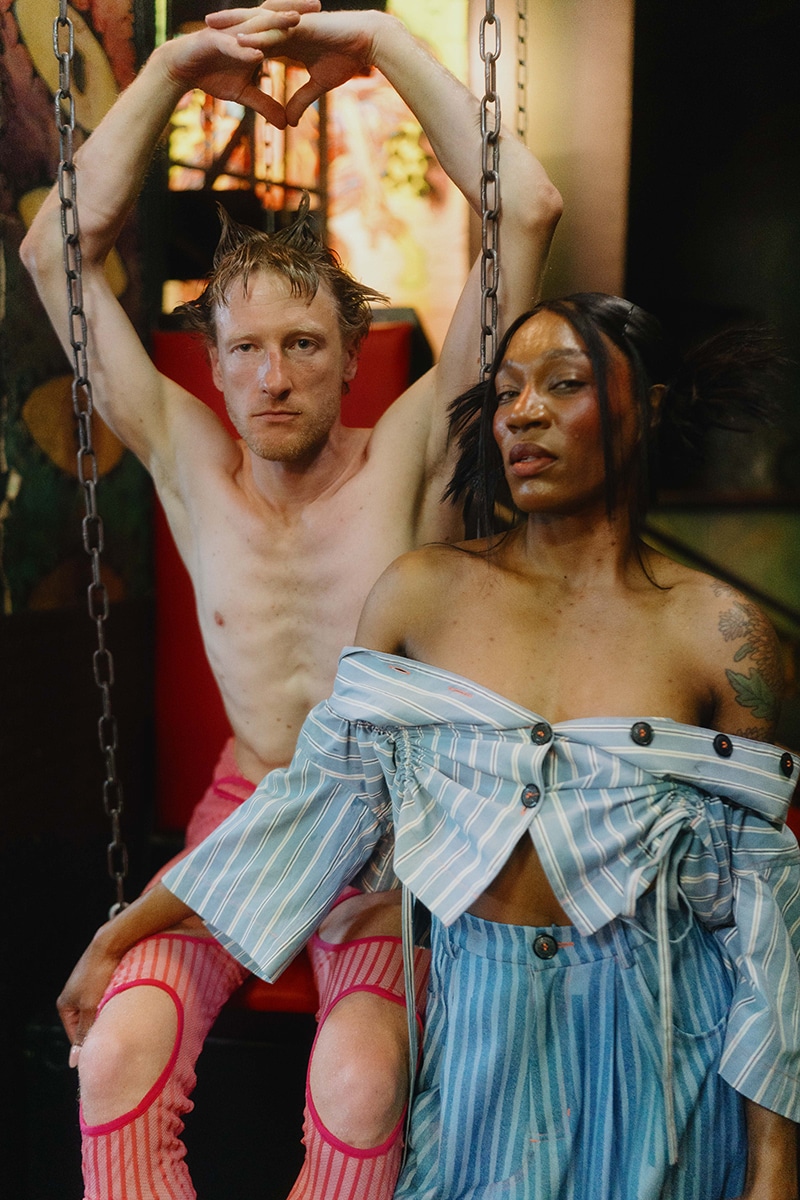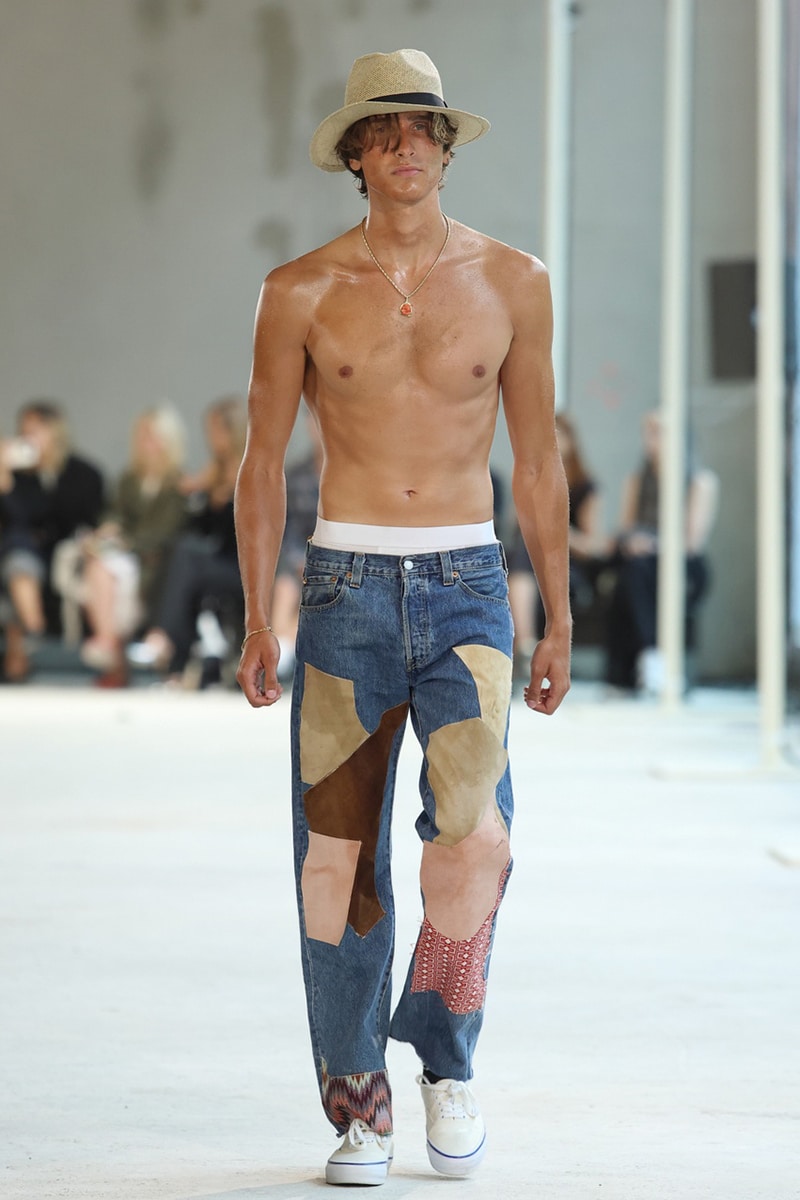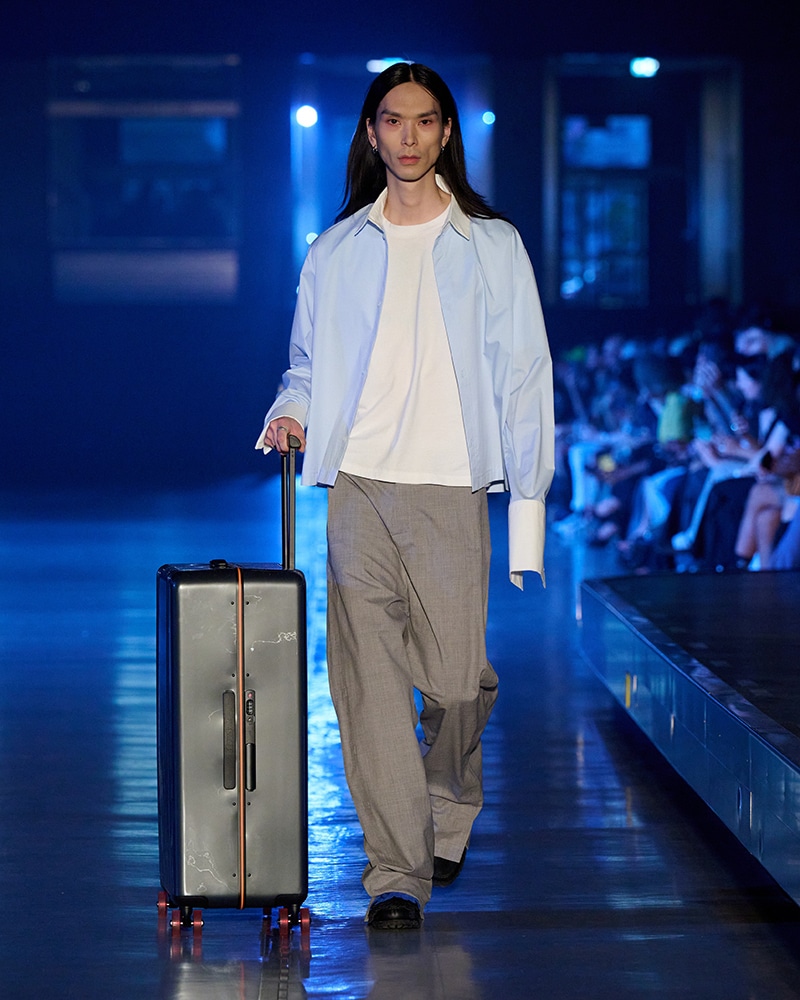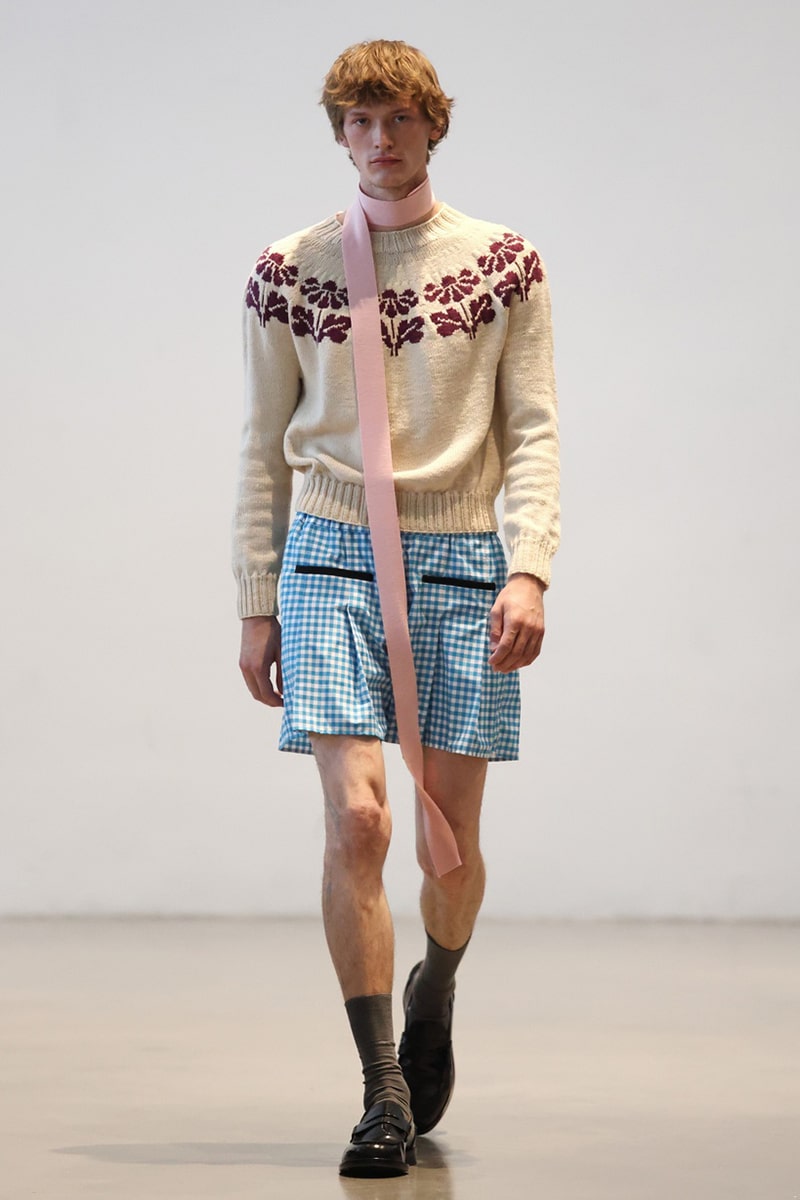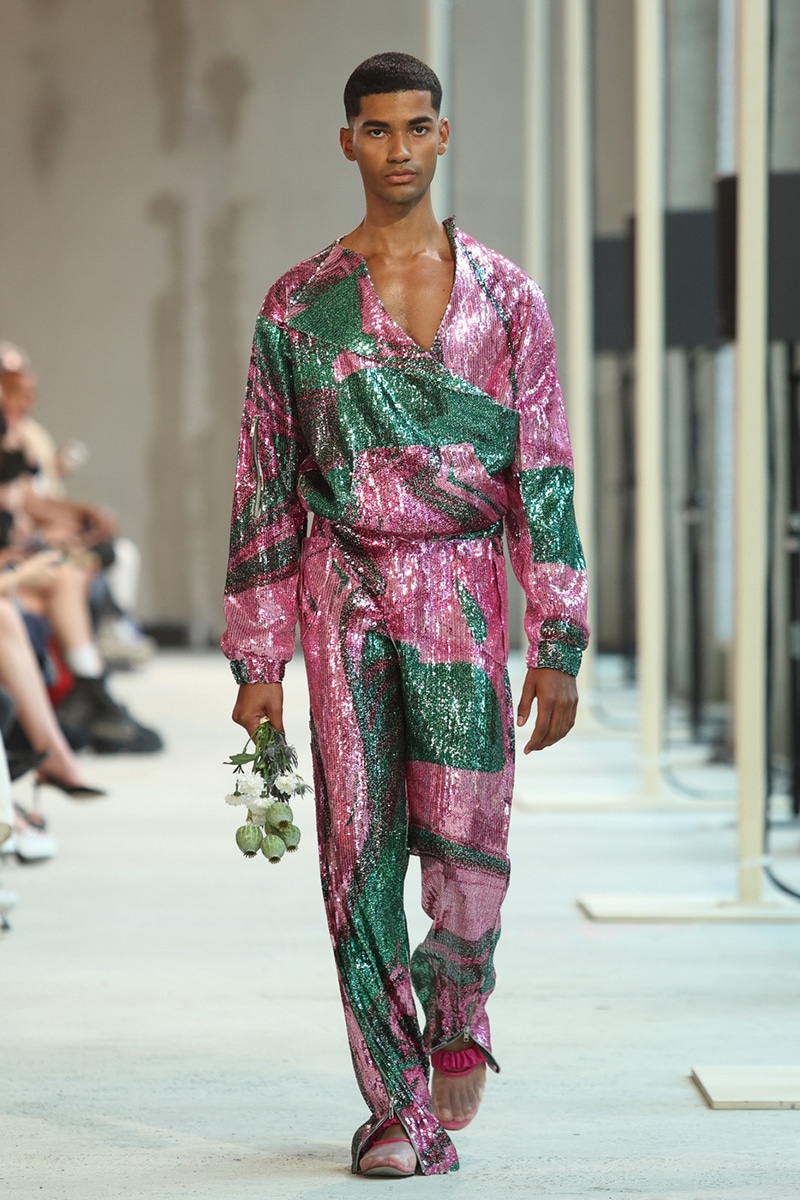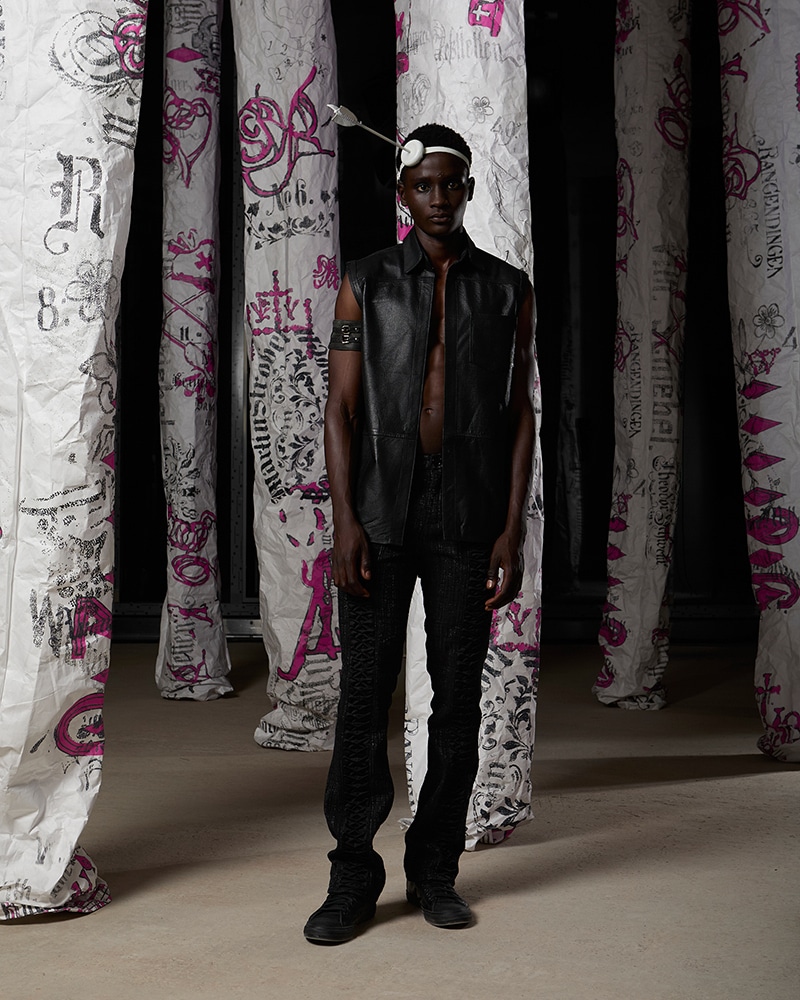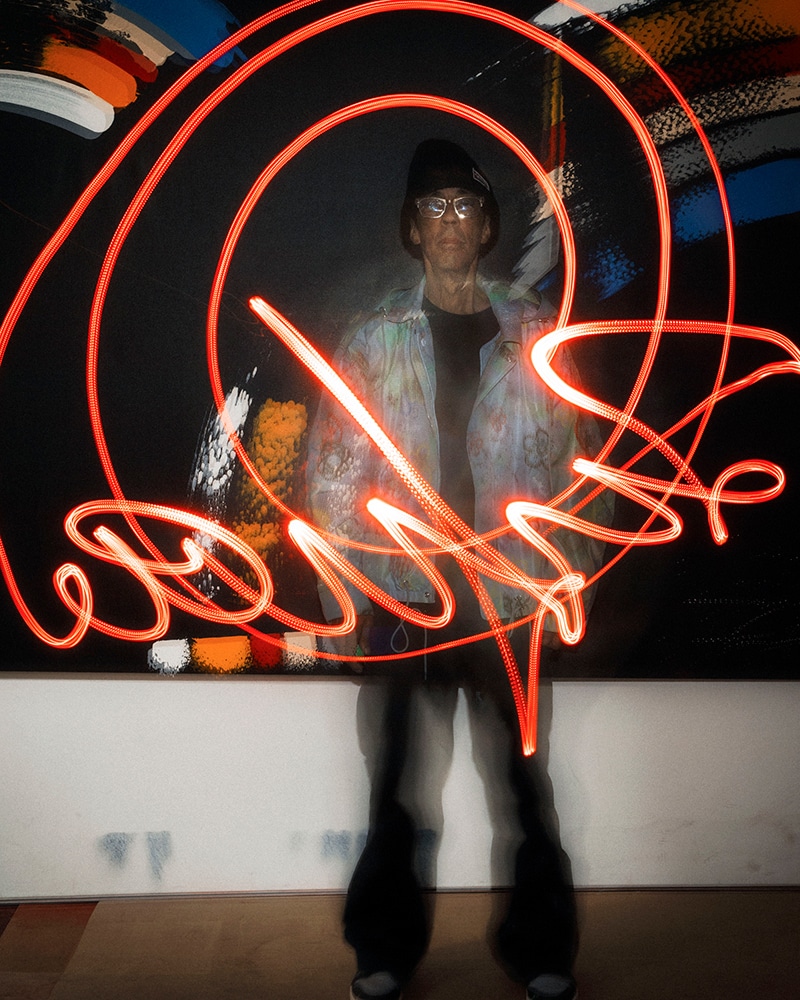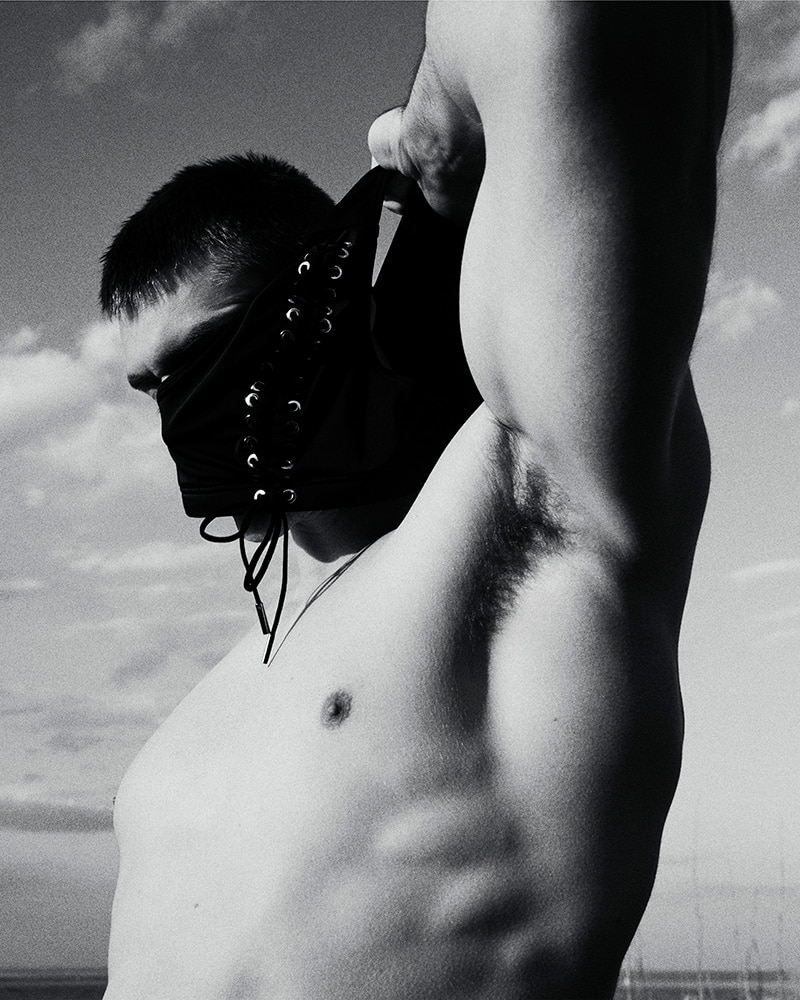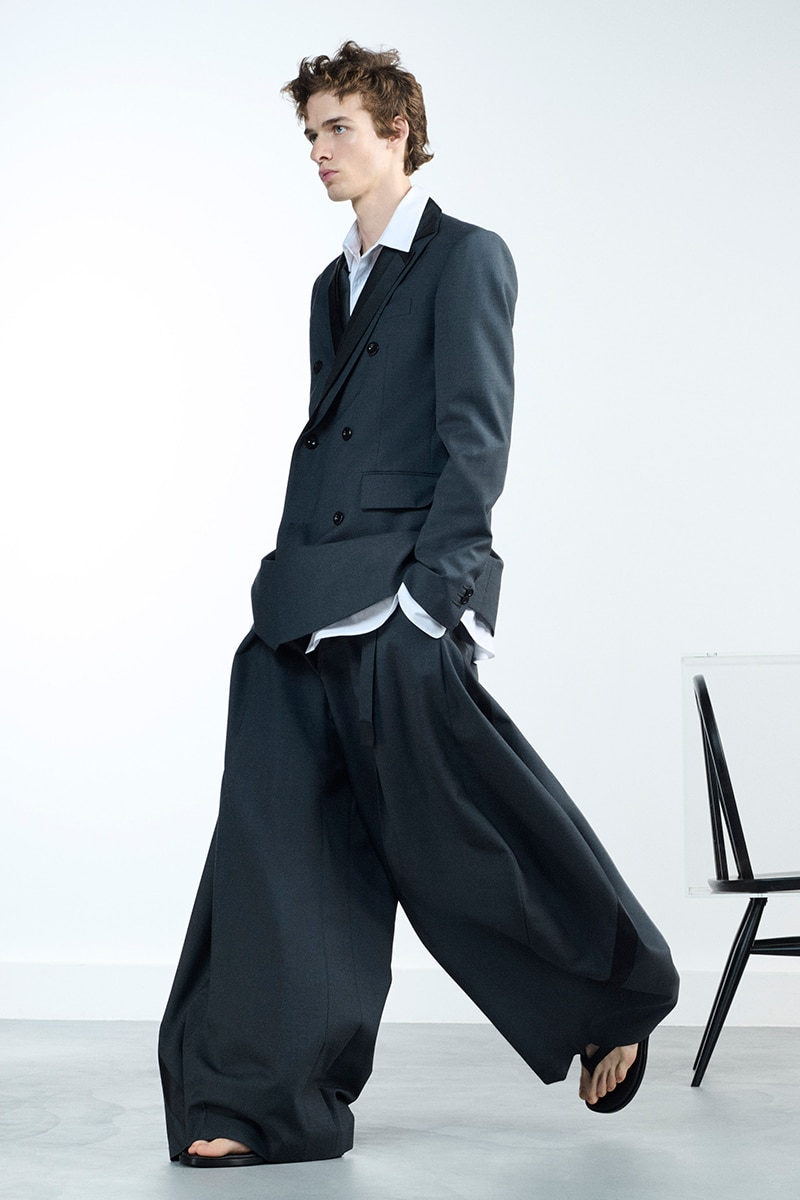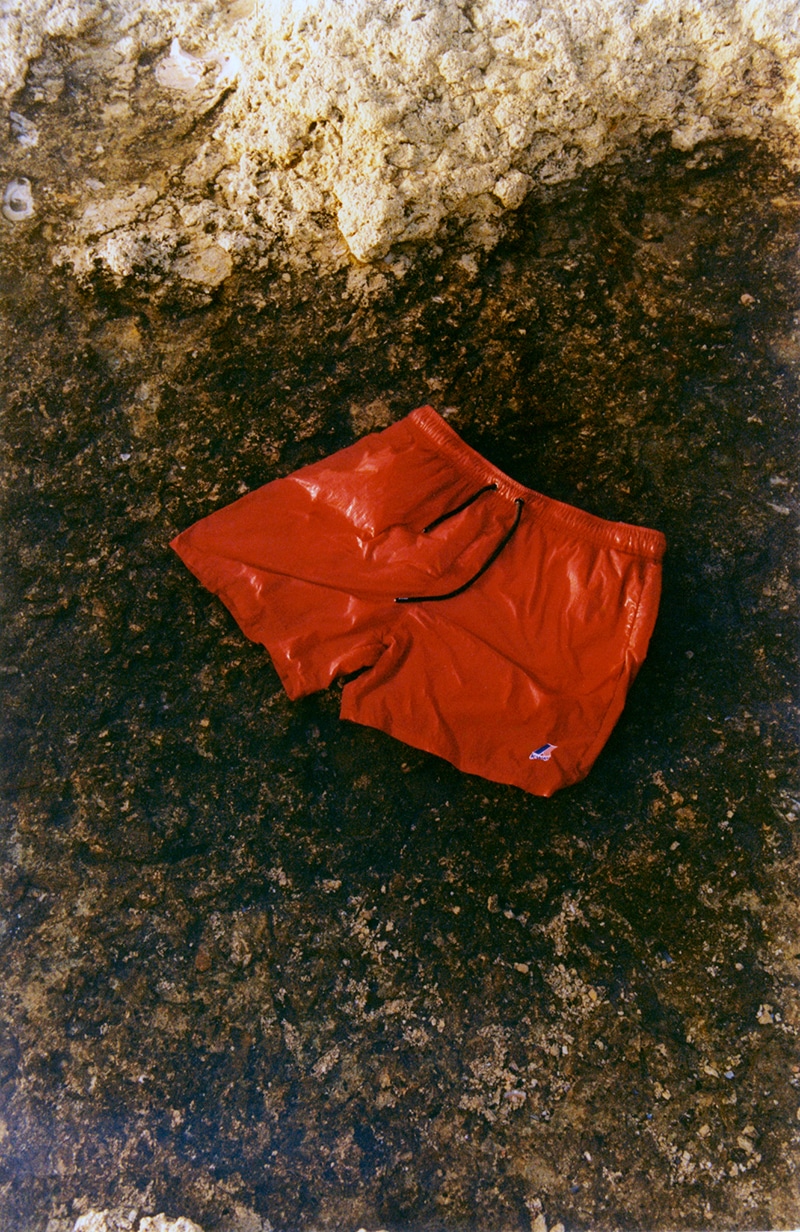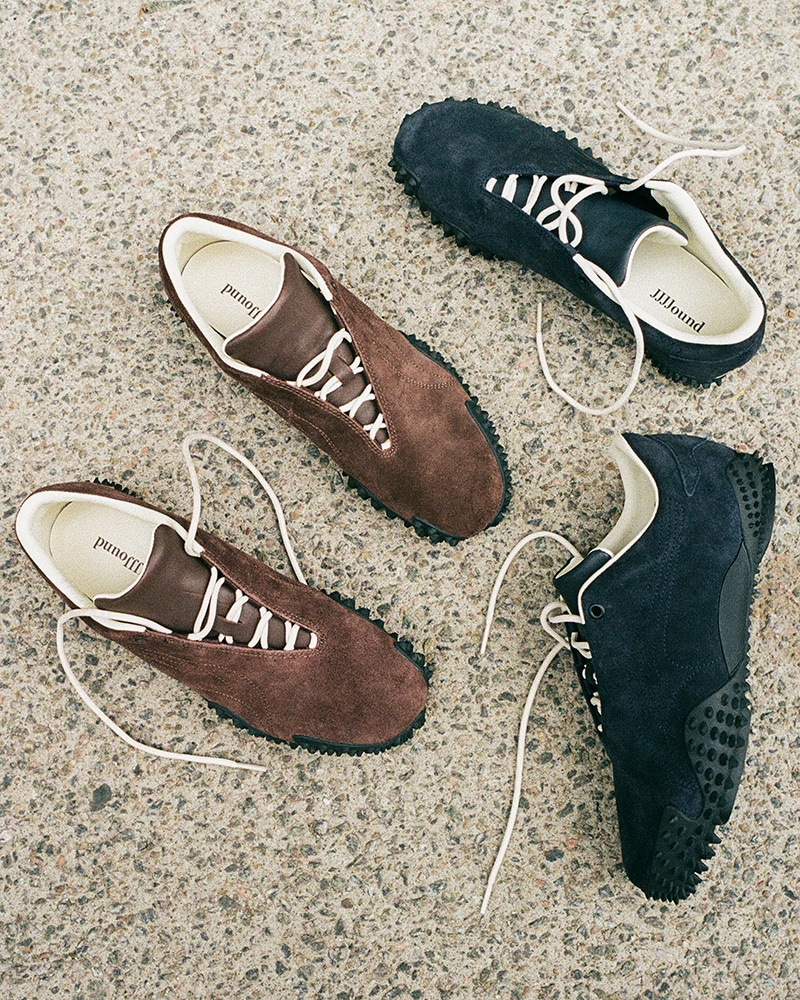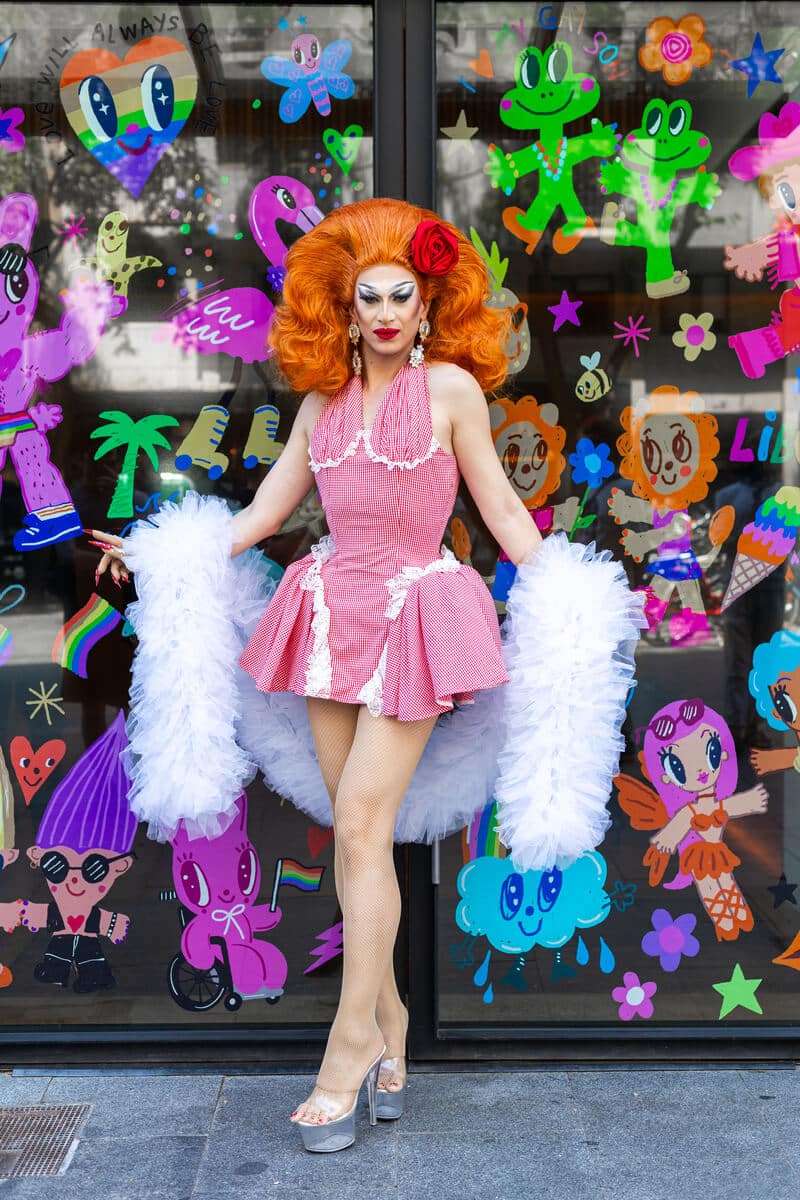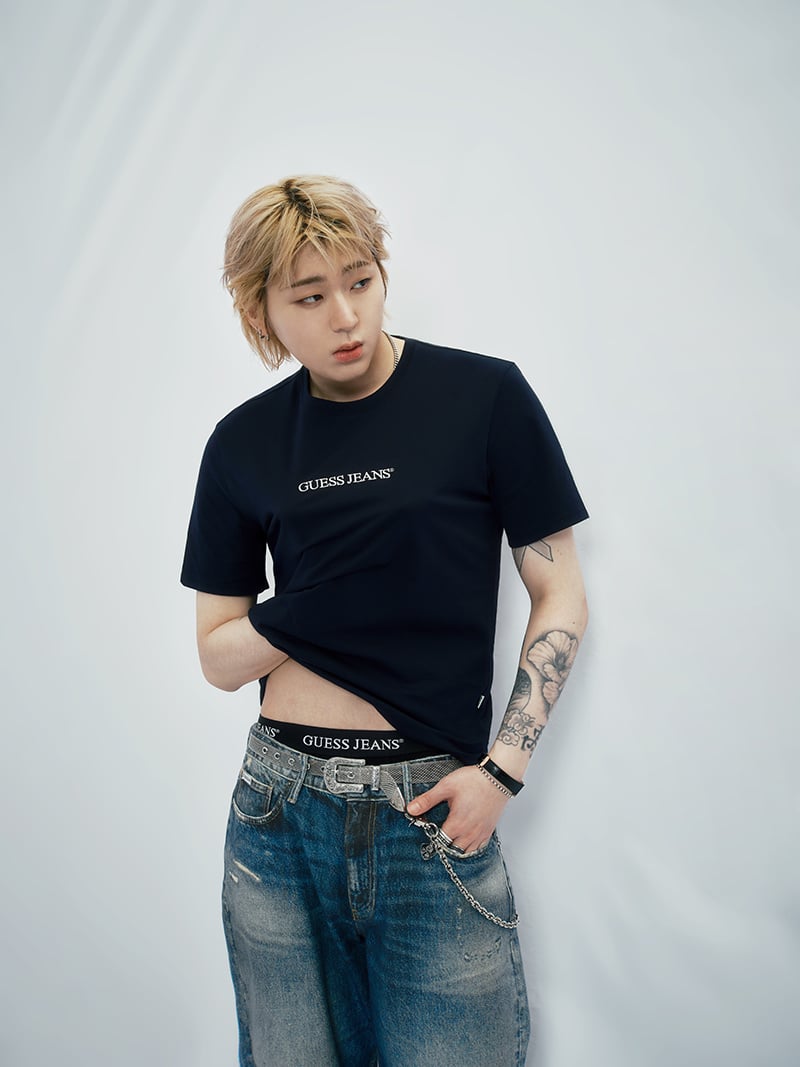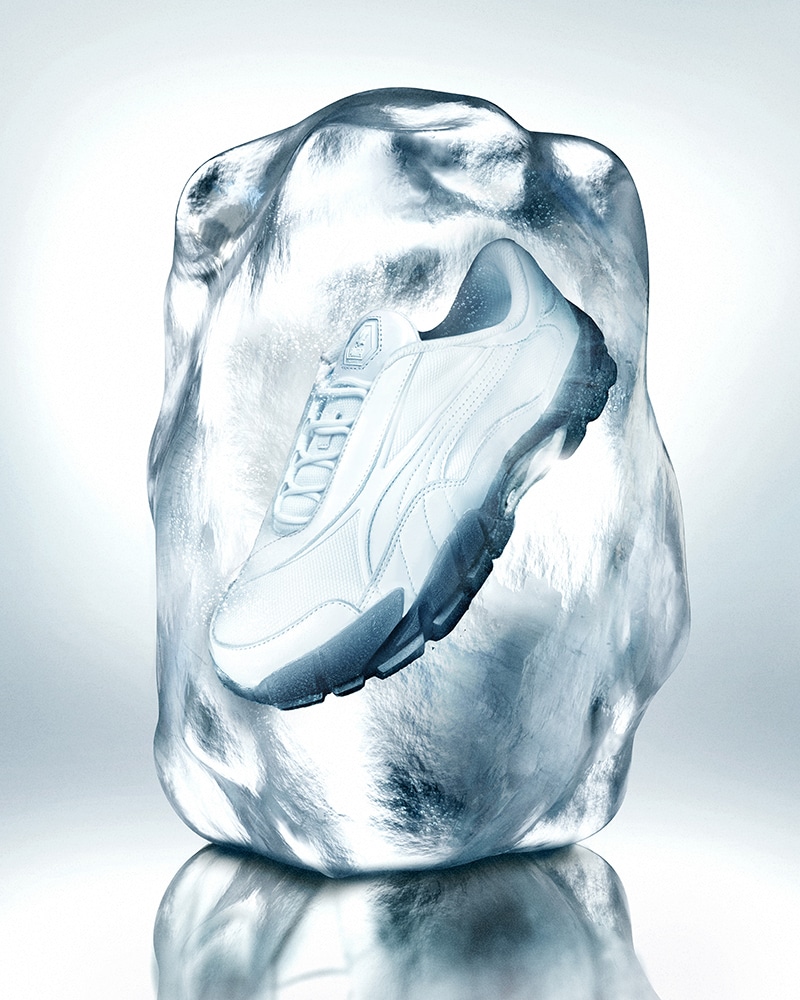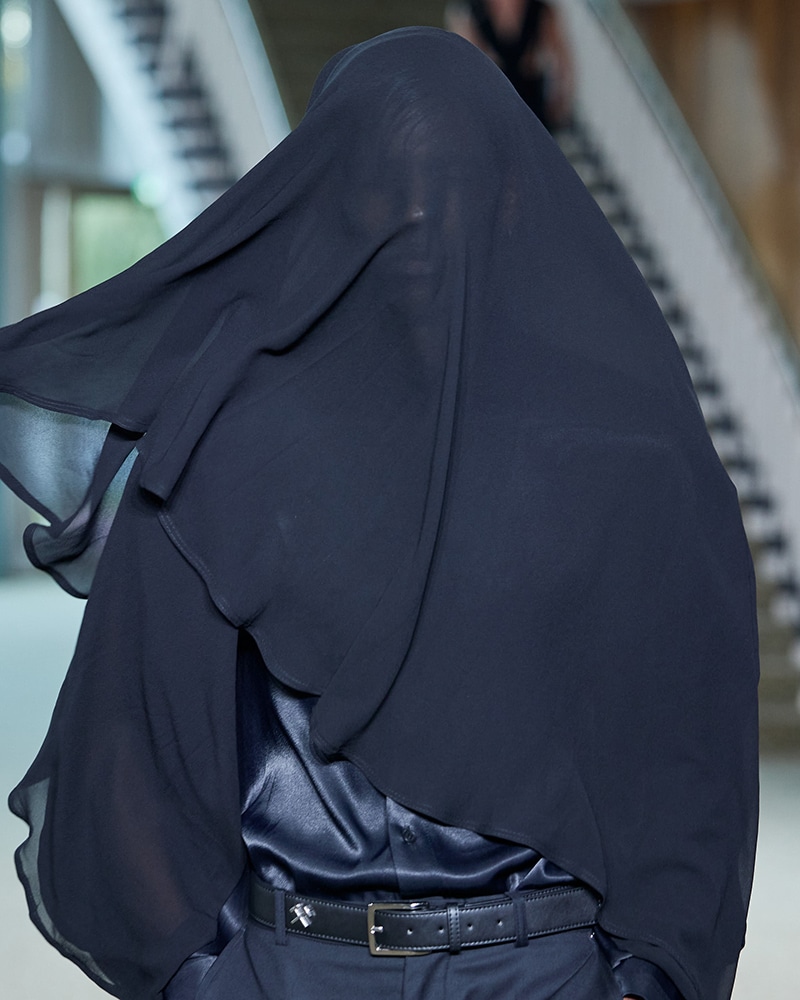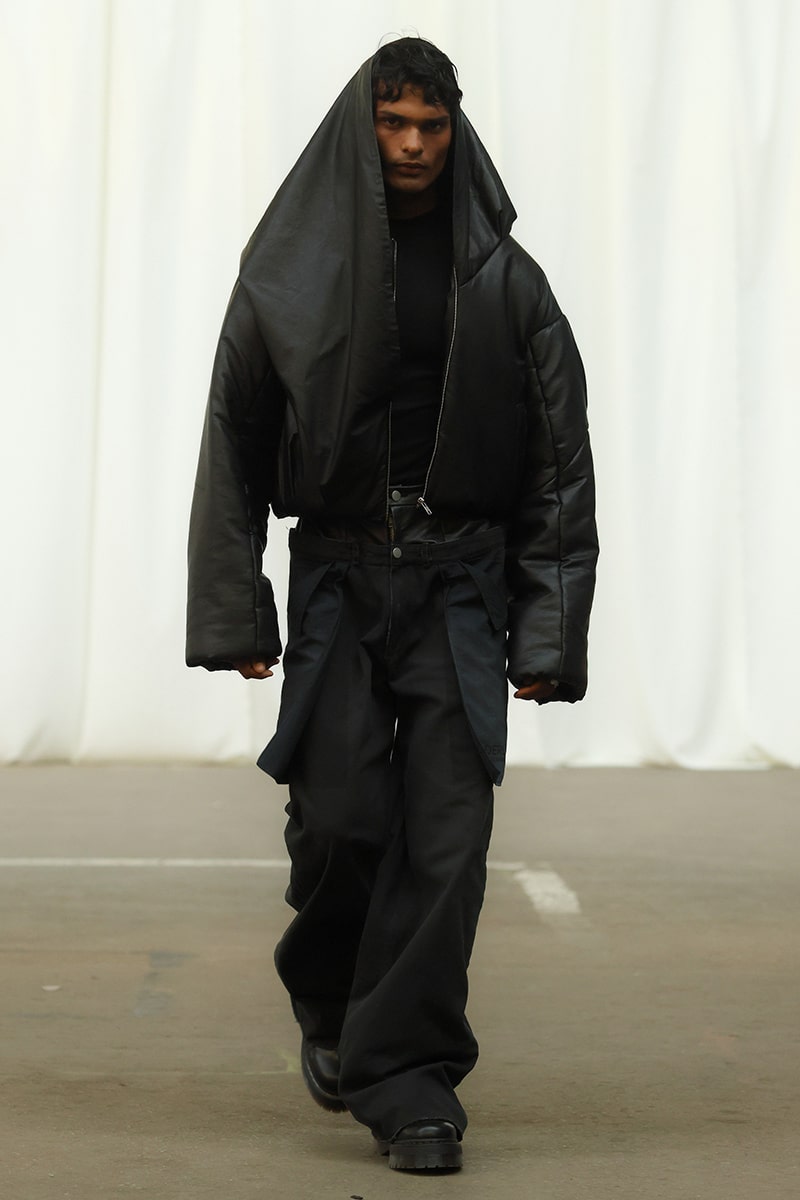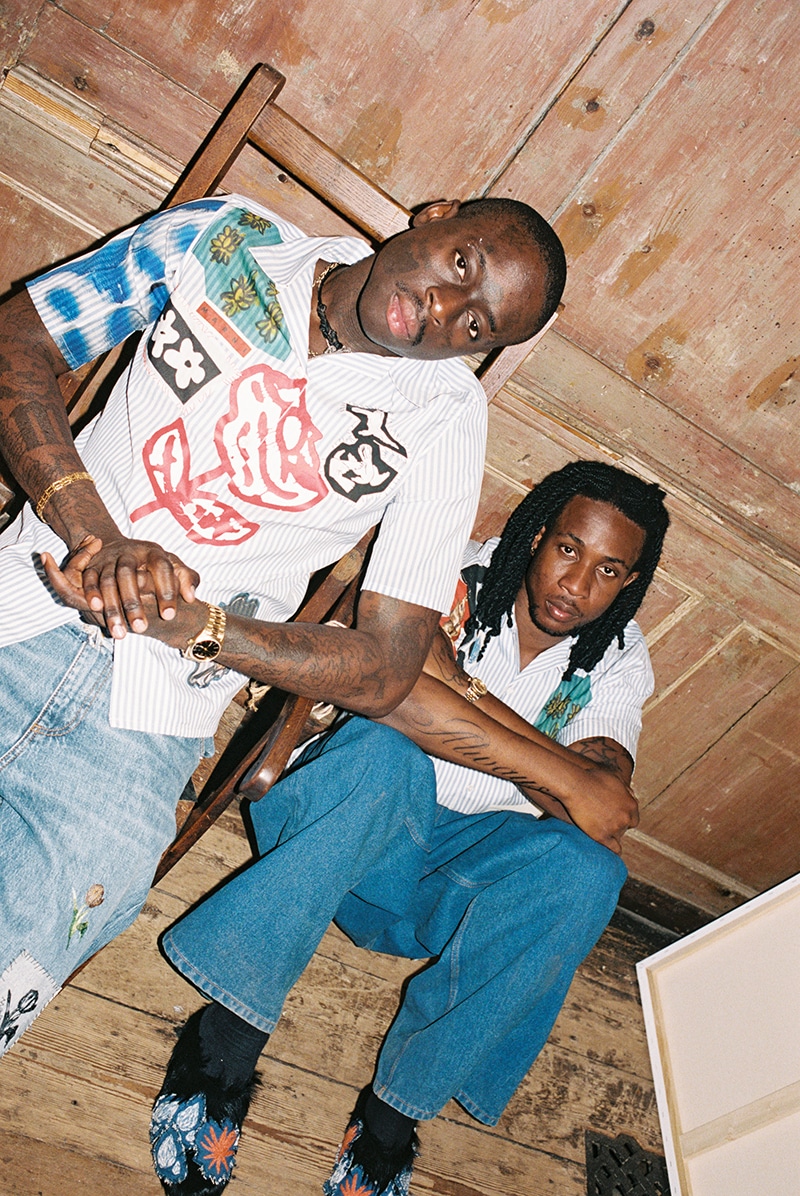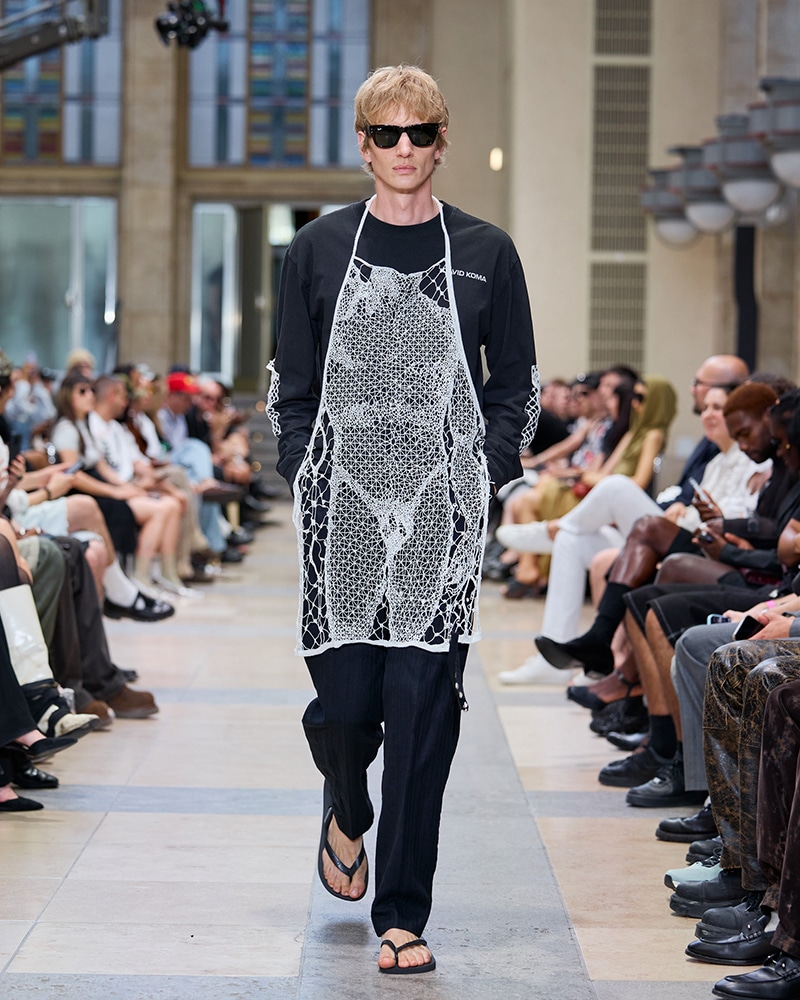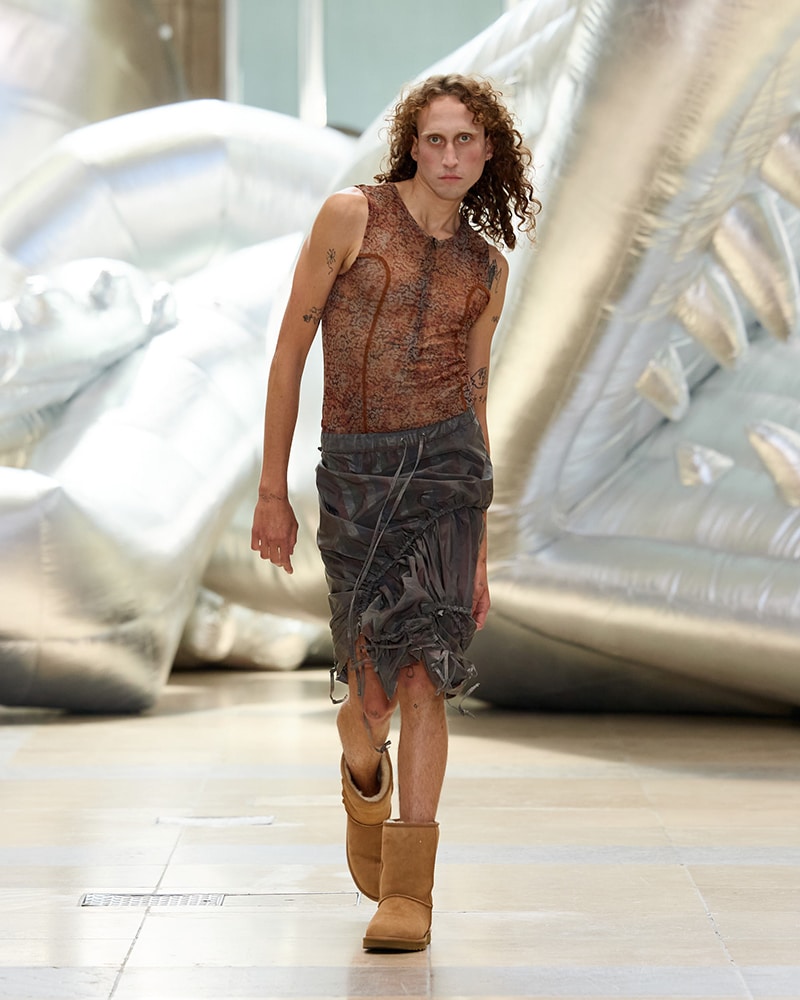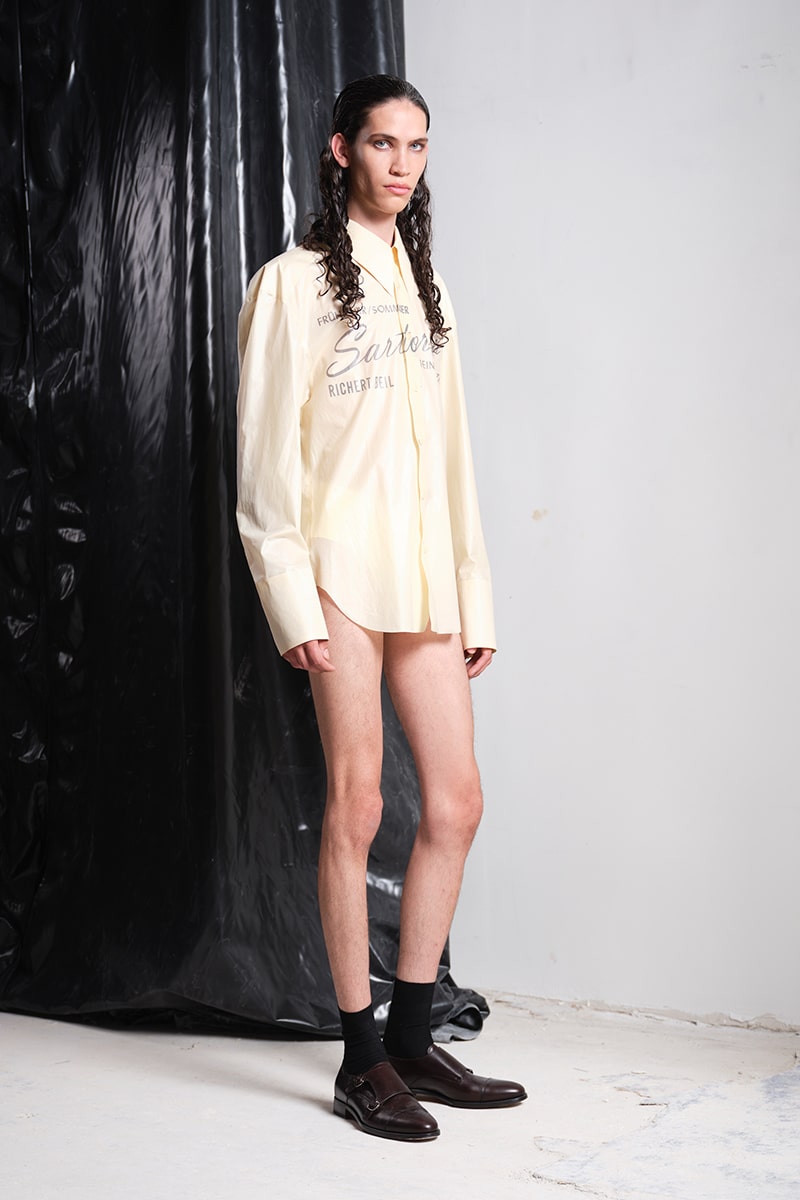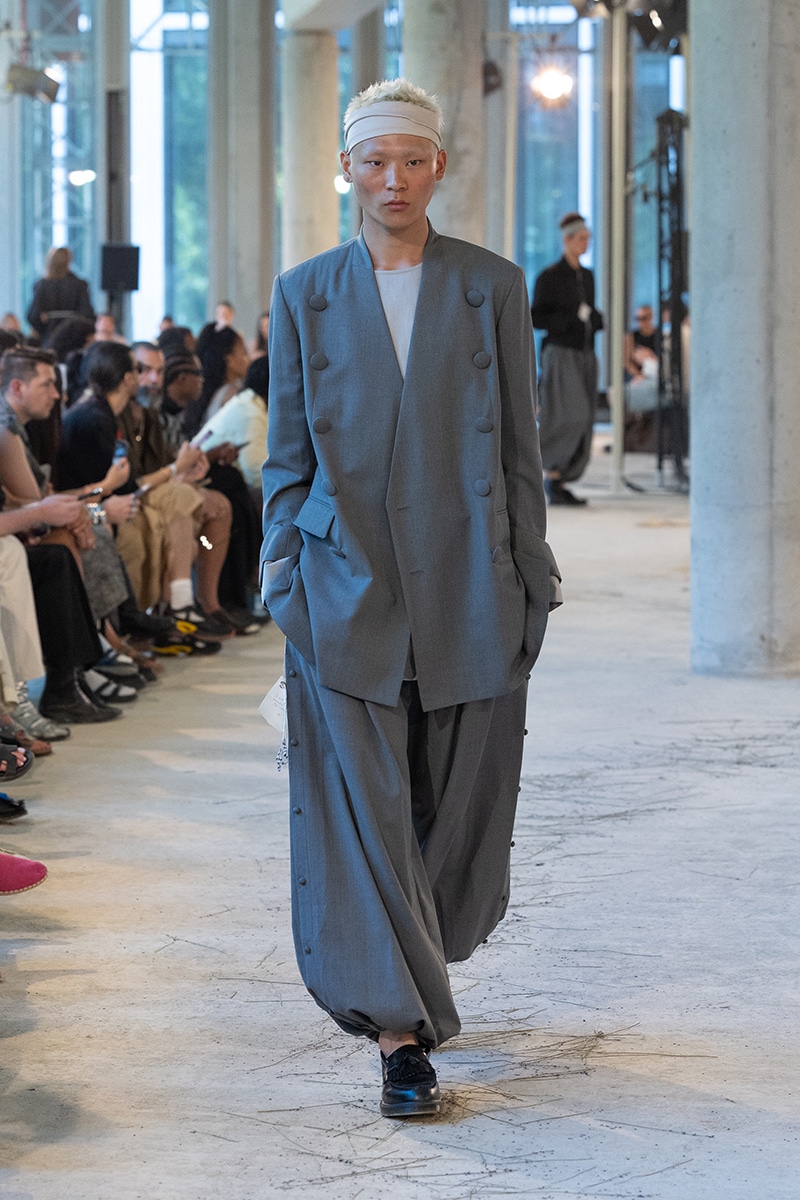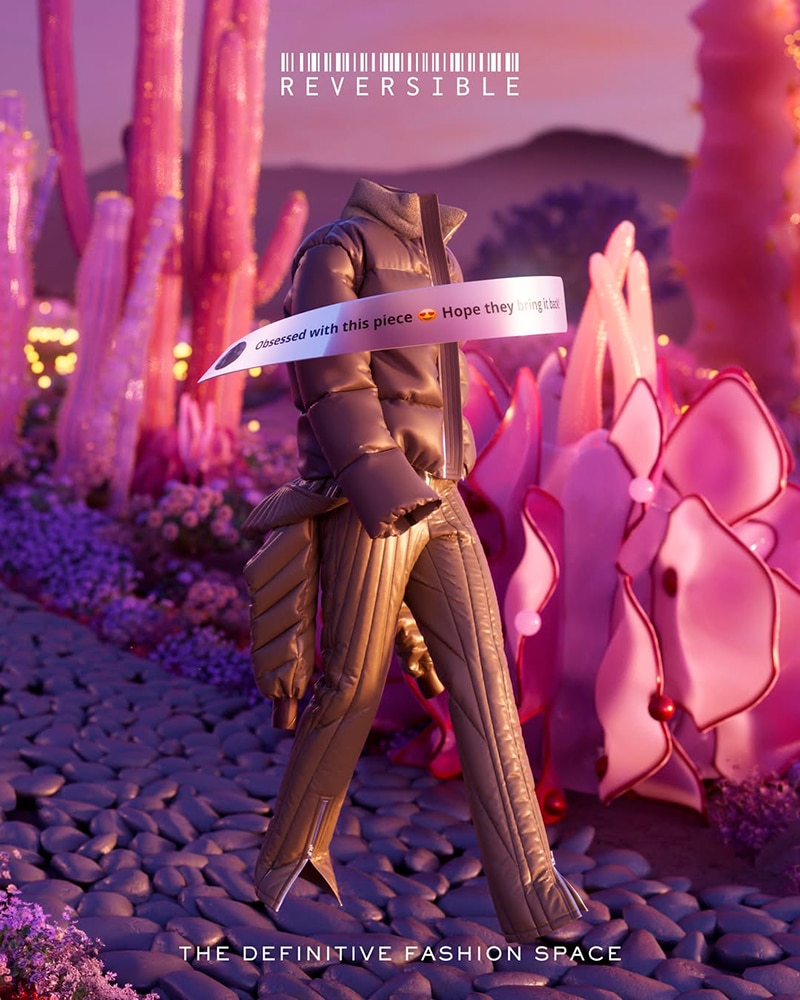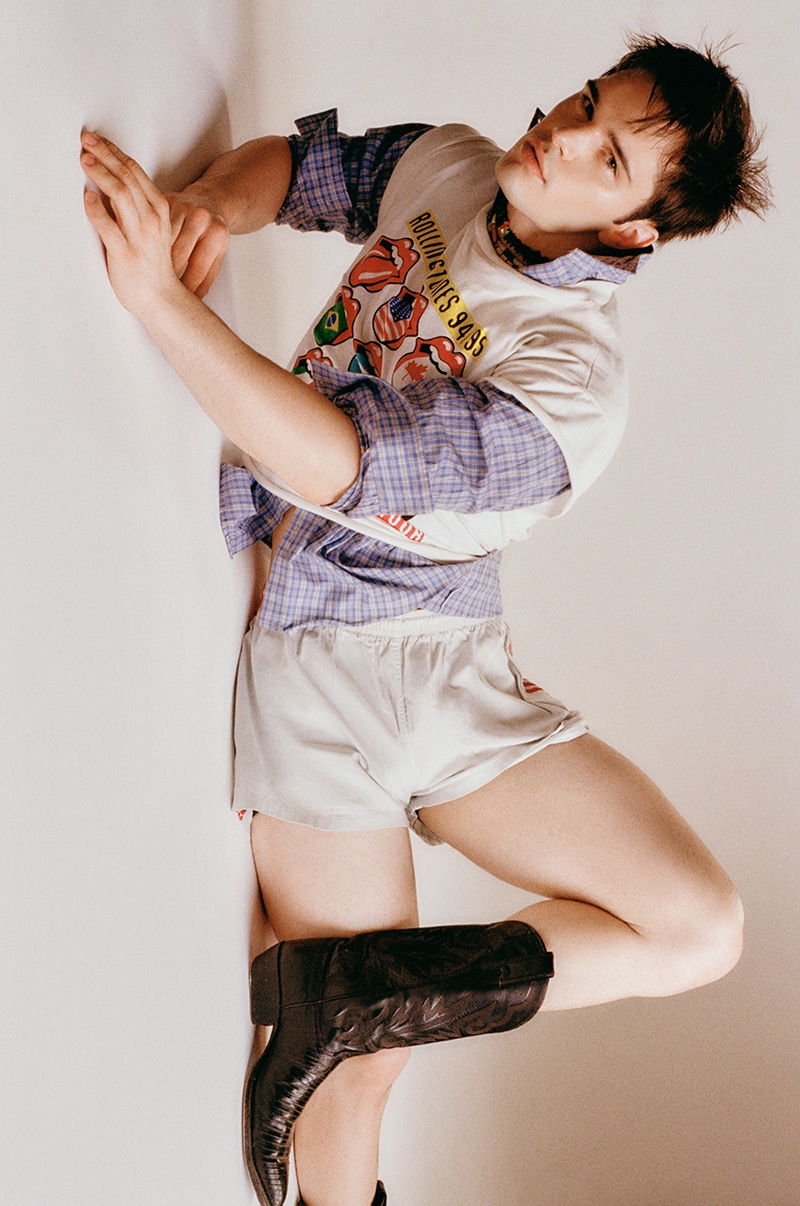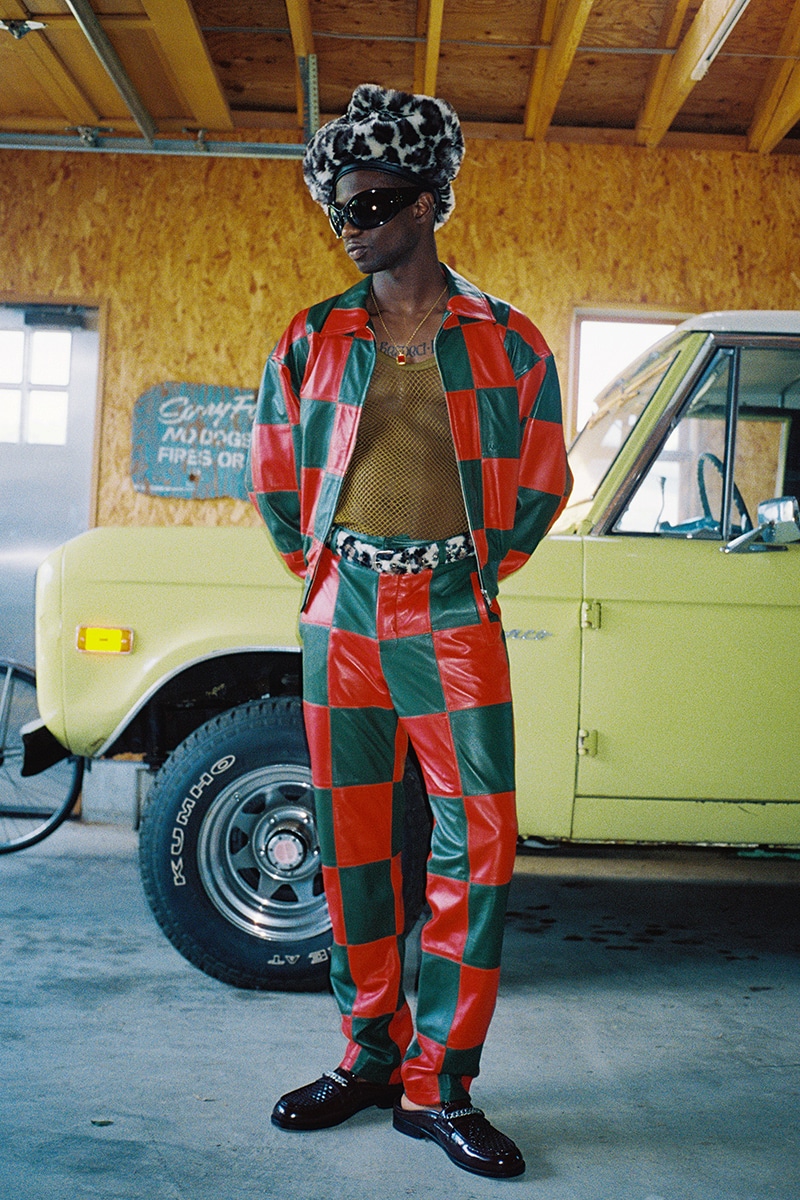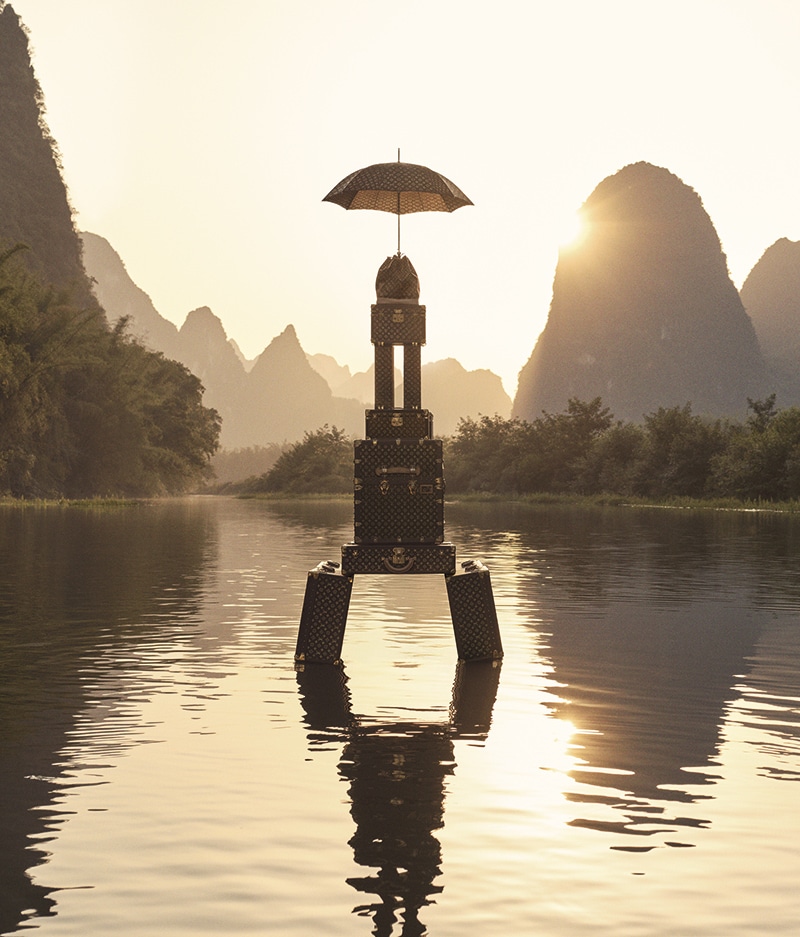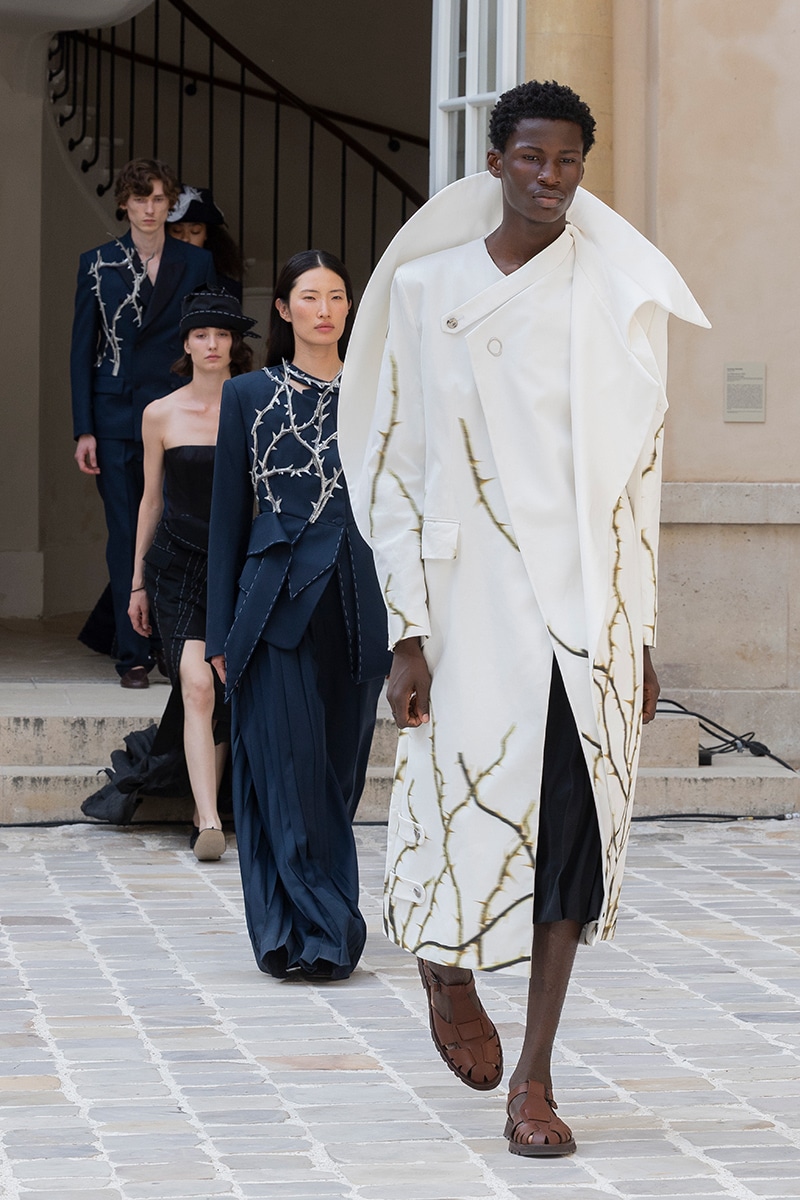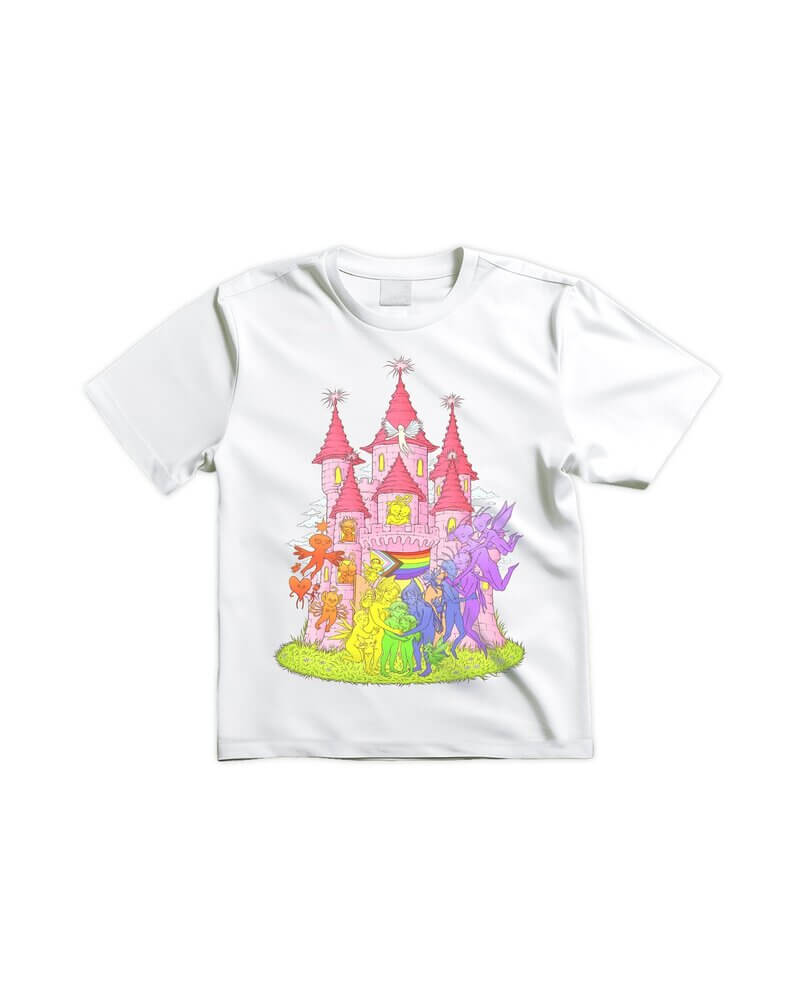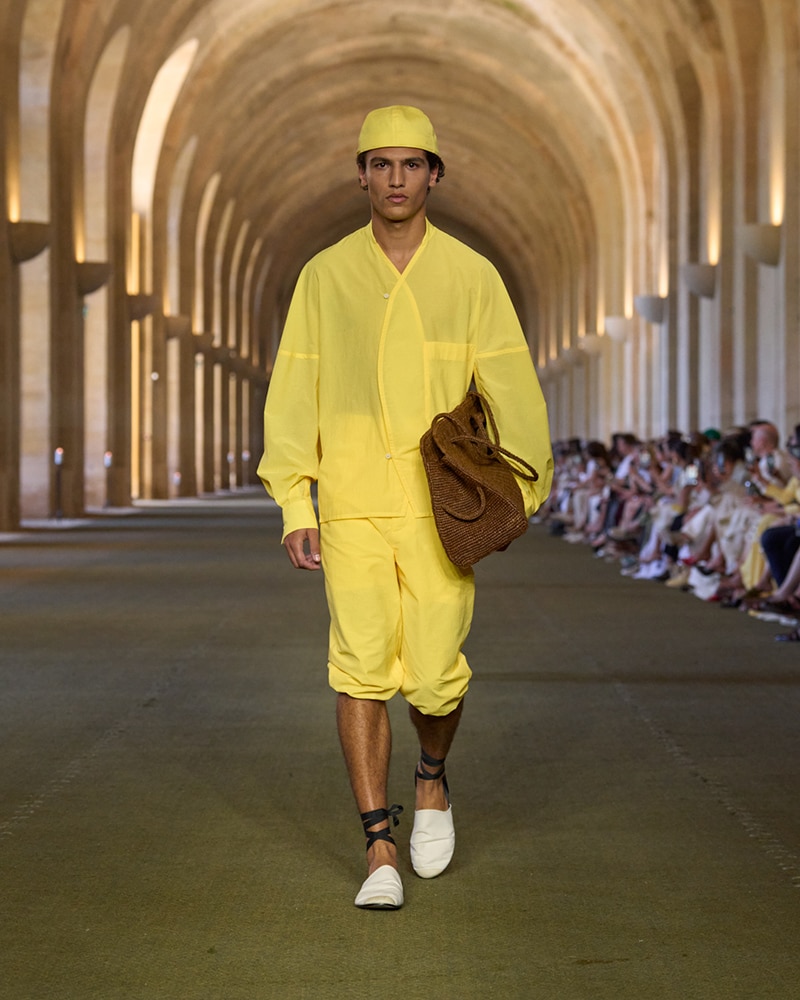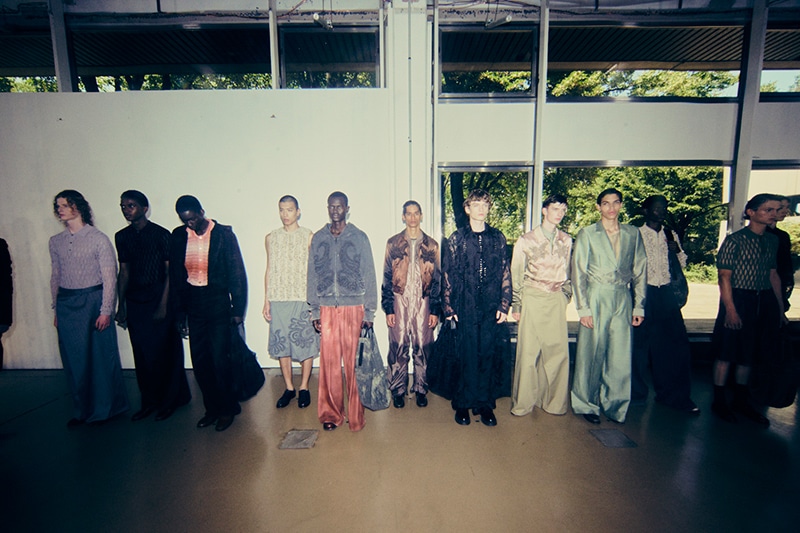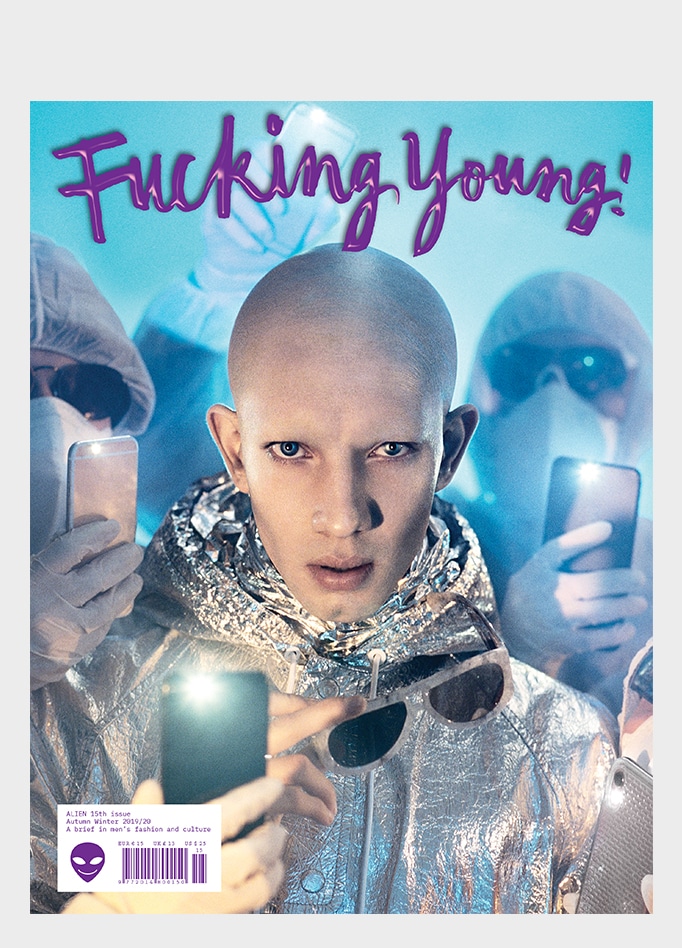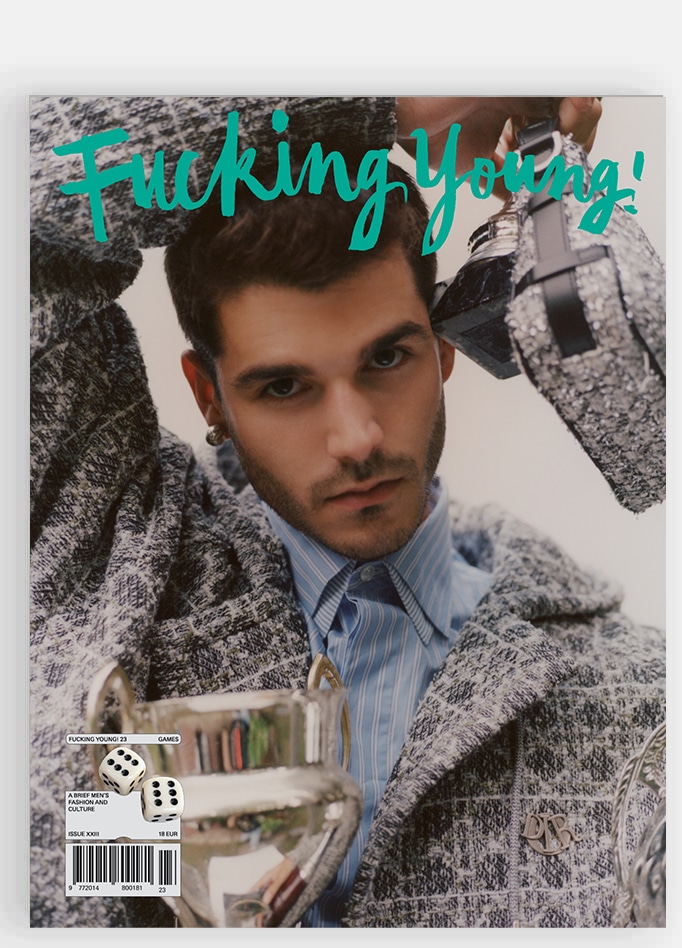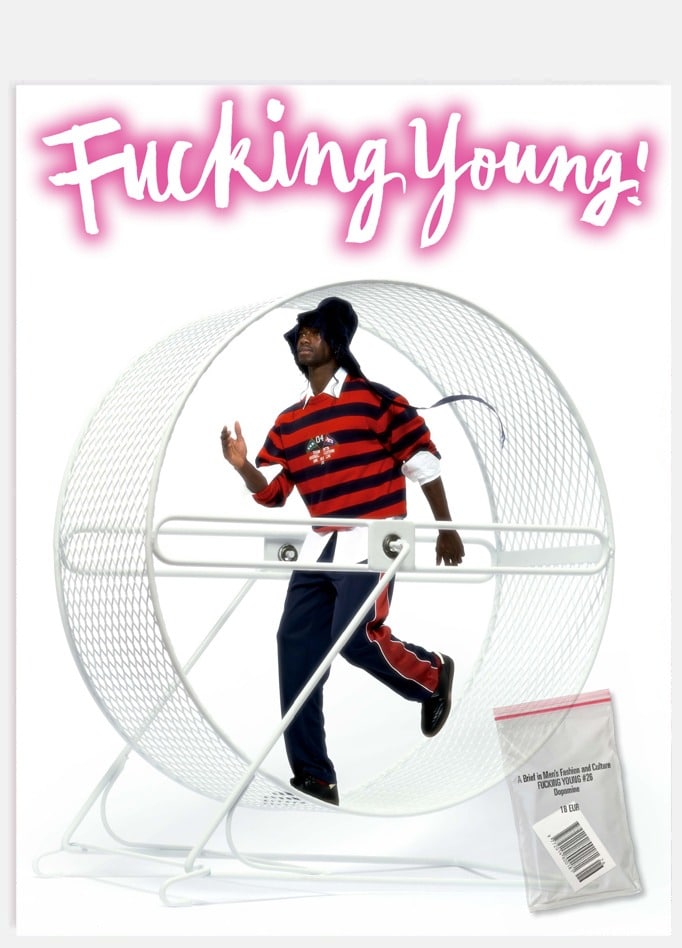Ernesto Artillo presents, within the framework of Madrid Fashion Week, ILLEGAL, an artistic project materialized in a collection created entirely with garments from immigrants who have crossed the Mediterranean. ILLEGAL is a project that materializes in a fashion collection created entirely with immigrant garments that the artist has collected in recent years in the vicinity of the coves and beaches of Cabo de Gata, where he currently resides.
This project not only gives new meaning to the imaginary of fashion through the imaginary of fashion, reconsidering the unsustainability of the textile industry and its ecological consequences, but also points directly to the tragic migratory reality that the Mediterranean lives, well, immigrants, when they arrive from crossing the Mediterranean, before running away, the first thing they do is take off their wet clothes, leaving scattered a catalog of textile waste that ages in the landscapes of the Natural Park.
On this, Artillo comments: “Since I lived in Cabo de Gata three years ago, I have been collecting these garments as a way of understanding the context in which I live, not only as a paradise, but also as a place of welcome for pilgrimages. hellish. Collecting the clothes of immigrants is a way of literally following in their footsteps, of reflecting on the reality that I have in front of me and of recognizing that, living here, immigration is as much a part of my daily life as the landscape. From the beginning, I had the intuition to do something with them. An intuition that I now materialize in this ILLEGAL collection of unsustainable fashion.”
If haute couture has to do with an exceptional, artisanal and leisurely way of creating garments, with little intervention by machines and unusual fabrics, the ILLEGAL collection is a good example of this. The fabric itself implies the willingness of many people to put their lives at risk by jumping into the sea, sometimes for days on the voyage, until they reach our shores. Once here, they are left lying around and the transformation process of the fabric continues to be exceptional. The collection has very deteriorated clothes that, due to their condition and their old logos, could have been abandoned for more than fifteen years, filling with sand, salt, mud from rain and floods, plants that have grown in them and insects that have passed through them. they have made a home among their seams.
These garments have required a repetitive and meticulous process of hand washing, deworming and restoration. Sufficiently intervened by its exposure to the sun, nature and the passage of time; Once restored, Ernesto poses them as is or simply modeled, understanding that their value lies in the texture itself. In this way, no aged-looking fabric has been recreated.
There are also very recent garments from immigrants who have just arrived. They are usually imitations of big brands: Prada or Balenciaga jeans, Givenchy sweatshirts or Gucci socks. Nike, Reebok, Diesel, Hugo Boss… all fake and imitation clothes. What is not false is the process that has brought them here.
These newer and better-condition garments have been grouped by theme: jeans, tracksuits, logos, labels, coats, etc., with the intention of ordering the lines that determine the attire of immigrants. Once piled up, Ernesto has deconstructed and intervened through embroidery, creating new designs that are far removed from their originals, but very similar to the proposals of the big international brands.
50% of the profits collected will go to clothing kits that the ACCEM association offers to families evicted from the Almería settlements.
Take a look at the collection below:











































